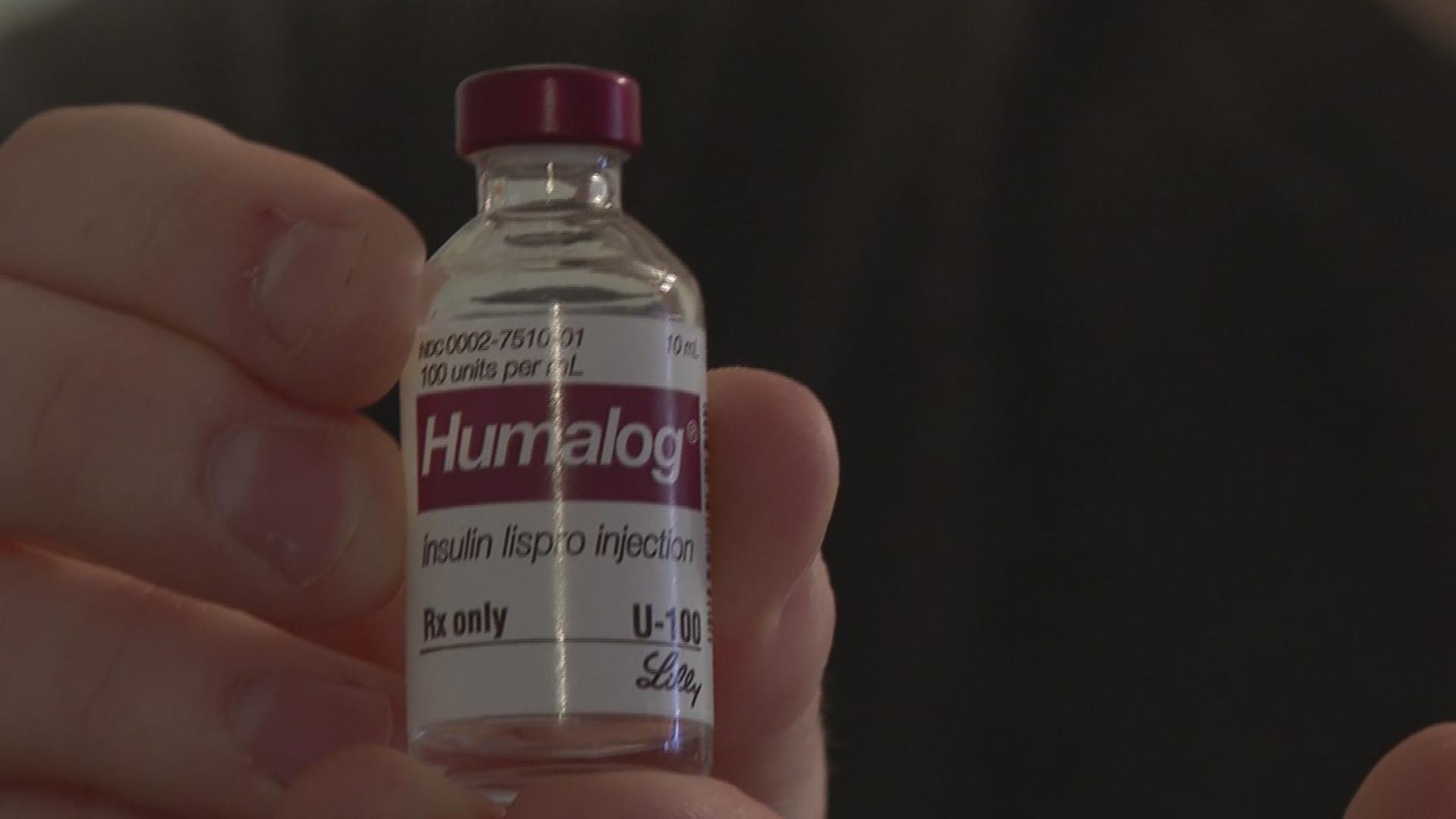The National Institutes of Health have launched a new campaign called Mind Your Risks.
The campaign is meant to help the millions of people who have uncontrolled high blood pressure better understand the risks of high blood pressure and the link to dementia.
More than half of the people in the U.S. are living with uncontrolled blood pressure. High blood pressure is often called the silent killer.
The definition of high blood pressure recently changed. The definition of high blood pressure used to be a top number (systolic) of 140 or a bottom number (diastolic) of 90.
In 2017, the American Heart Association and American College of Cardiology lowered the definition of high blood pressure down to a systolic of 130 or a diastolic of 80. This means that millions more people now are considered to have high blood pressure, although more people aren’t necessarily using medications.
It does mean that more people need to work with their providers on their diet and exercise to try to get their blood pressure levels down.
There is a strong link between high blood pressure and how your brain functions. When blood pressure is high, it is a strong force going through tiny, fragile blood vessels. Over time, with uncontrolled high blood pressure, those blood vessels become weaker, damaged and start to build up cholesterol plaques.
This can ultimately lead to silent strokes and areas of low blood flow to the brain. Those areas of low blood flow decrease the flow of blood to the neurons in the brain, and ultimately lead to dementia.
There are important things that people can do to keep their brains healthy:
- Take your blood pressure outside of healthcare providers’ office.
- If your blood pressure is consistently over a systolic of 130 or diastolic of 80, call your provider immediately.
- Decreasing your sodium intake to 1500 mg or less will decrease your blood pressure.
- Stick to the Mediterranean or DASH diets, which emphasize good fats, fruits and vegetables and fish.
- Exercise. Losing weight can help decrease your blood pressure.
- Know your genetics. High blood pressure runs in families. Get everyone, even kids, checked out.



